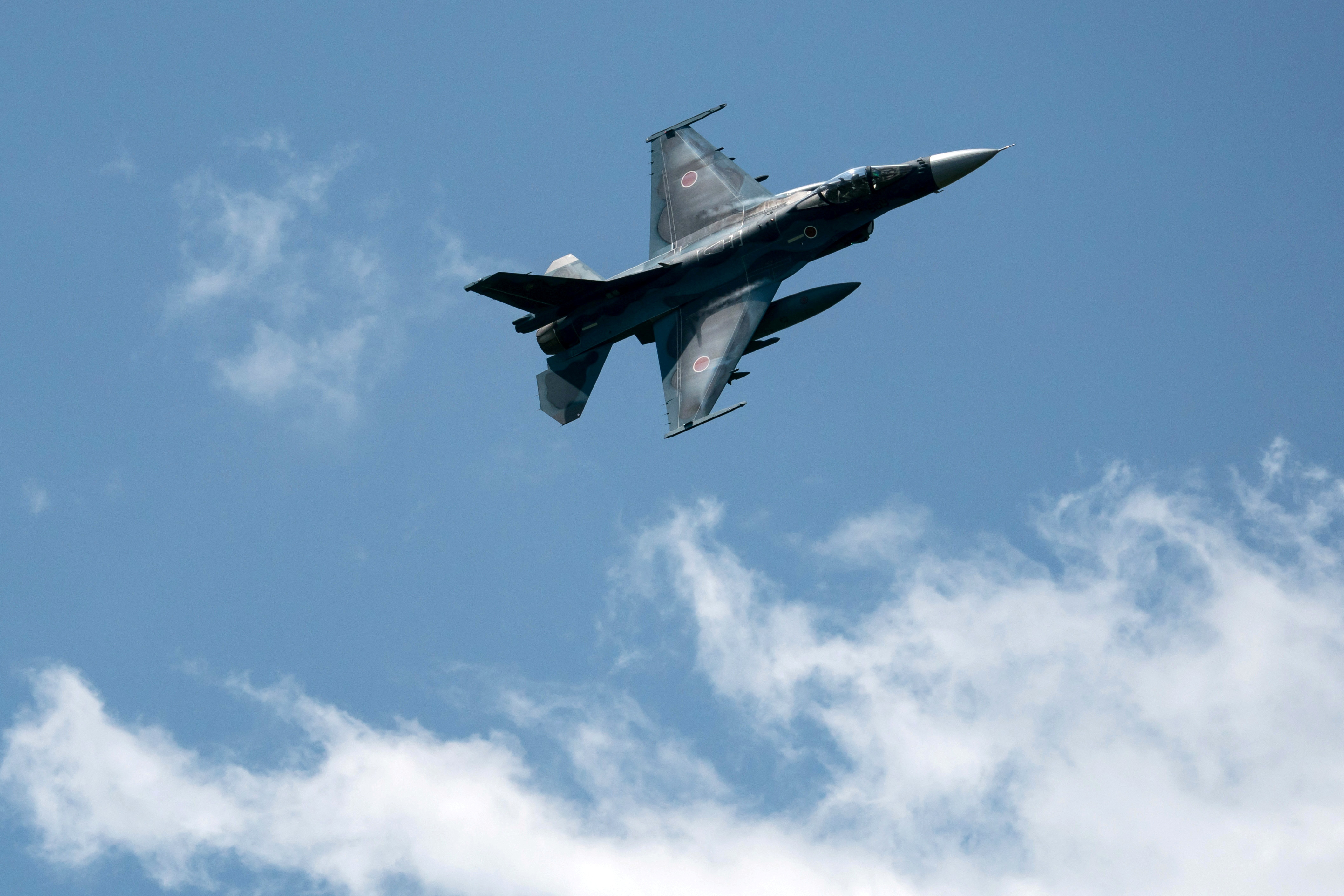Japan deployed F-15 and F-35 fighter jets on Monday to warn a Russian reconnaissance aircraft that violated Japanese airspace. The Russian Il-38 plane breached airspace above Rebun Island, near northern Hokkaido, for about a minute in three separate instances. This occurred during the aircraft’s five-hour flight in the area, according to Japanese Defense Minister Minoru Kihara.
In an unprecedented move, Japan’s jets used flares to warn the Russian plane after initial warnings were ignored. Defense Minister Kihara described the violation as “extremely regrettable” and confirmed that Japan lodged a formal protest through diplomatic channels. He emphasized that the use of flares was a justified response, signaling that Japan would not hesitate to employ similar measures in the future to protect its airspace.
This violation comes amid increased military cooperation between Russia and China, raising concerns among Japanese defense officials. Just a day earlier, a joint fleet of Chinese and Russian warships sailed near Japan’s northern coast, hinting that the airspace breach may have been linked to joint military exercises announced by Russia and China earlier in the month.
Tensions between the nations have been mounting as Japan faces growing threats in its waters and airspace. Chinese reconnaissance aircraft violated Japan’s southern airspace in late August, and Russian planes have also flown near southern Japan. Japan responded by strengthening its military presence, particularly in its southwestern islands, which are viewed as crucial to national defense.
In the past year, Japan scrambled jets nearly 669 times to intercept potential airspace threats, with around 70% of those responses aimed at Chinese aircraft. However, most incidents did not involve direct airspace violations.
The territorial dispute between Japan and Russia over the Northern Territories, a group of islands seized by the Soviet Union at the end of World War II, continues to complicate relations. The lack of a formal peace treaty between the two nations further fuels the long-standing feud, intensifying the geopolitical tensions in the region.










